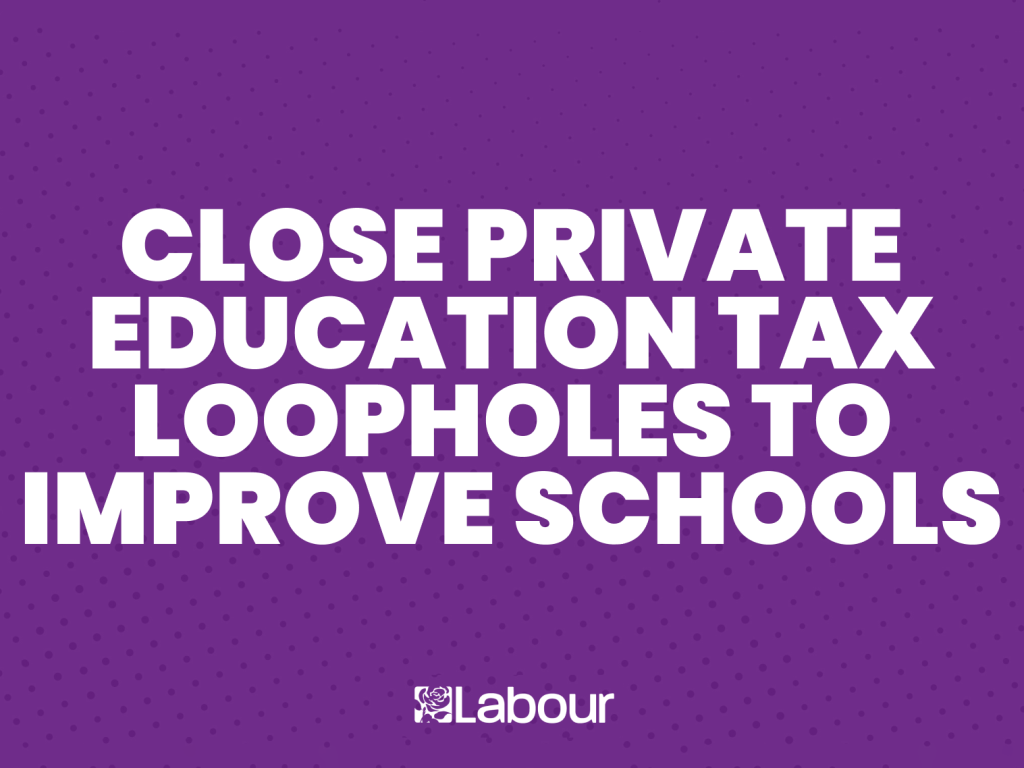
Question to Bridget Phillipson – Secretary of State for Education:
Question to Rachel Reeves – Chancellor of the Exchequer:
If VAT is applied to private school fees, will this not make private tuition unaffordable for some who will then move their children to an already struggling, overcrowded state sector?
With schooling, every domestic child who opts out of the private system to avoid about £3,000 of VAT will then need about £8,000 in taxpayer money annually to fund their state education. Wouldn’t the result of this be a substantial threat to the Treasury’s ability to fund improved state education outcomes?
Removal of the current VAT exemption from private education will have major ramifications for independent schools and their pupils, most obviously in that it is expected to suddenly be more expensive to send children to private school.
Will the removal of the VAT exemption allow independent schools to offset VAT they incur on costs against the VAT charged on their fees meaning that the VAT due on private education may not be passed on to parents in full?
Is there scope for refunds for private schools that have undertaken significant capital expenditure in the past ten years?
Potential Effects of Applying VAT to Private School Fees
The recent announcement to introduce VAT on private school fees in the UK has generated significant discussion. Here are some potential effects of this policy change:
1. Increased Costs for Parents
- Direct financial burden: Parents will need to pay a 20% surcharge on top of their existing tuition fees. This could lead to significant additional expenses, especially for families with multiple children attending private schools.
- Potential impact on affordability: The increased cost might make private education less accessible to some families, potentially driving them towards state schools or alternative education options.
2. Potential Impact on Private Schools
- Reduced enrollment: If the increased costs deter parents from choosing private schools, it could lead to a decline in enrollment and revenue for these institutions.
- Financial strain: Reduced income might force schools to cut costs, potentially affecting the quality of education, staffing levels, or extracurricular activities.
- Potential closures: In extreme cases, schools with declining enrollment and revenue might face financial difficulties that could lead to closure.
3. Potential Implications for the Education System
- Shift in demand for state schools: As private education becomes more expensive, there might be an increased demand for state schools, potentially straining resources and leading to longer waiting lists.
- Impact on educational inequality: The increased cost of private education could exacerbate existing educational inequalities, as it may become more difficult for families from lower-income backgrounds to afford it.
4. Potential Revenue Generation for the Government
- Increased tax revenue: The introduction of VAT on private school fees could generate additional revenue for the government.
- Potential allocation of funds: The government may choose to allocate this additional revenue to improve state education or other public services.
It’s important to note that the long-term effects of this policy change will depend on various factors, including the overall economic climate, the availability of alternative education options, and the government’s response to any potential negative consequences.

Leave a Reply